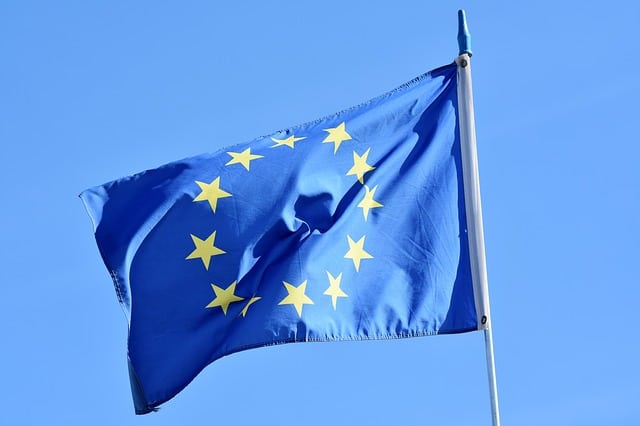The EU Reaches Agreement on New Satellite Constellation Iris

The European Union is moving forward with plans for a new sovereign satellite constellation for Europe, and recently announced it will commit 2.4 billion euros to the project. This will be Europe’s third space flagship program after Galileo and Copernicus.
The European Commission, Council, and Parliament agreed on a framework this month for the project, called IRIS² — Infrastructure for Resilience, Interconnection & Security by Satellites — named after the Greek messenger goddess.
The constellation’s objective is to provide secure satellite connectivity to government users supporting applications that are critical for the economy, environment, security and defense; and further development high-speed broadband worldwide including in communication dead zones.
The EU will contribute 2.4 billion euros, and there will also be funding from the European Space Agency (ESA) and private sources.
The framework lays out a number of priorities for the constellation. It will be a sovereign constellation with strict eligibility criteria and security requirements; support connectivity to all of Europe and Africa; include contributions from traditional European space players and startups; feature leading technology like quantum communication technologies; and be a multi-orbit constellation.
“IRIS² establishes space as a vector of our European autonomy, a vector of connectivity and a vector of resilience. It heightens Europe’s role as a true space power. With a clear ambition and sense of direction,” EU Commissioner Thierry Breton said in a statement about the agreement. “Space is indeed a much coveted area in which the European Union must guarantee its essential interests. And our space technologies have become strategic capabilities for our citizens, for the resilience of our economies and of course for our armies.”
The EU agreement is now subject to formal approval by the European Parliament and the Council. The EU Commission is working to prepare tender specifications for the project, with a goal to offer initial services in 2024 and full operational capability by 2027.
The EU first began discussing this constellation in 2020 and awarded industry contracts to study potential constellation architectures.